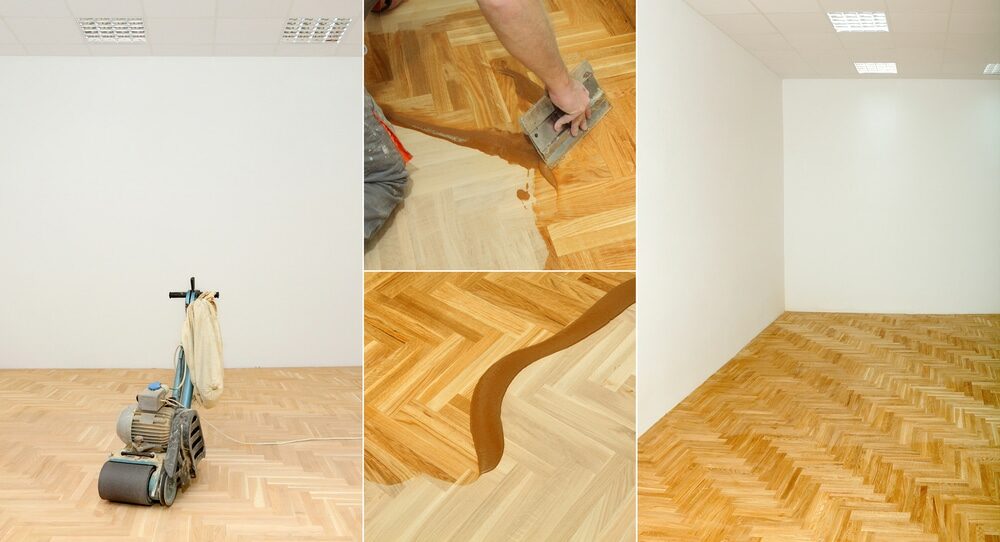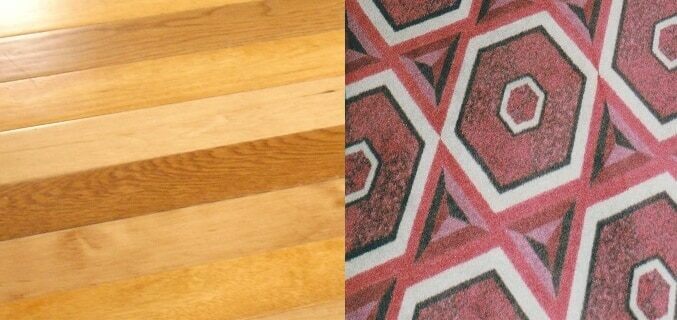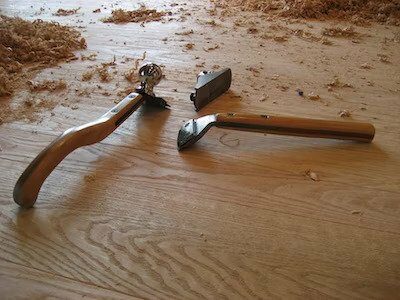London:
Nationwide:
Wooden Floors vs. Carpets: The Allergy-Friendly Flooring Showdown
Posted on May 6, 2023
Articles
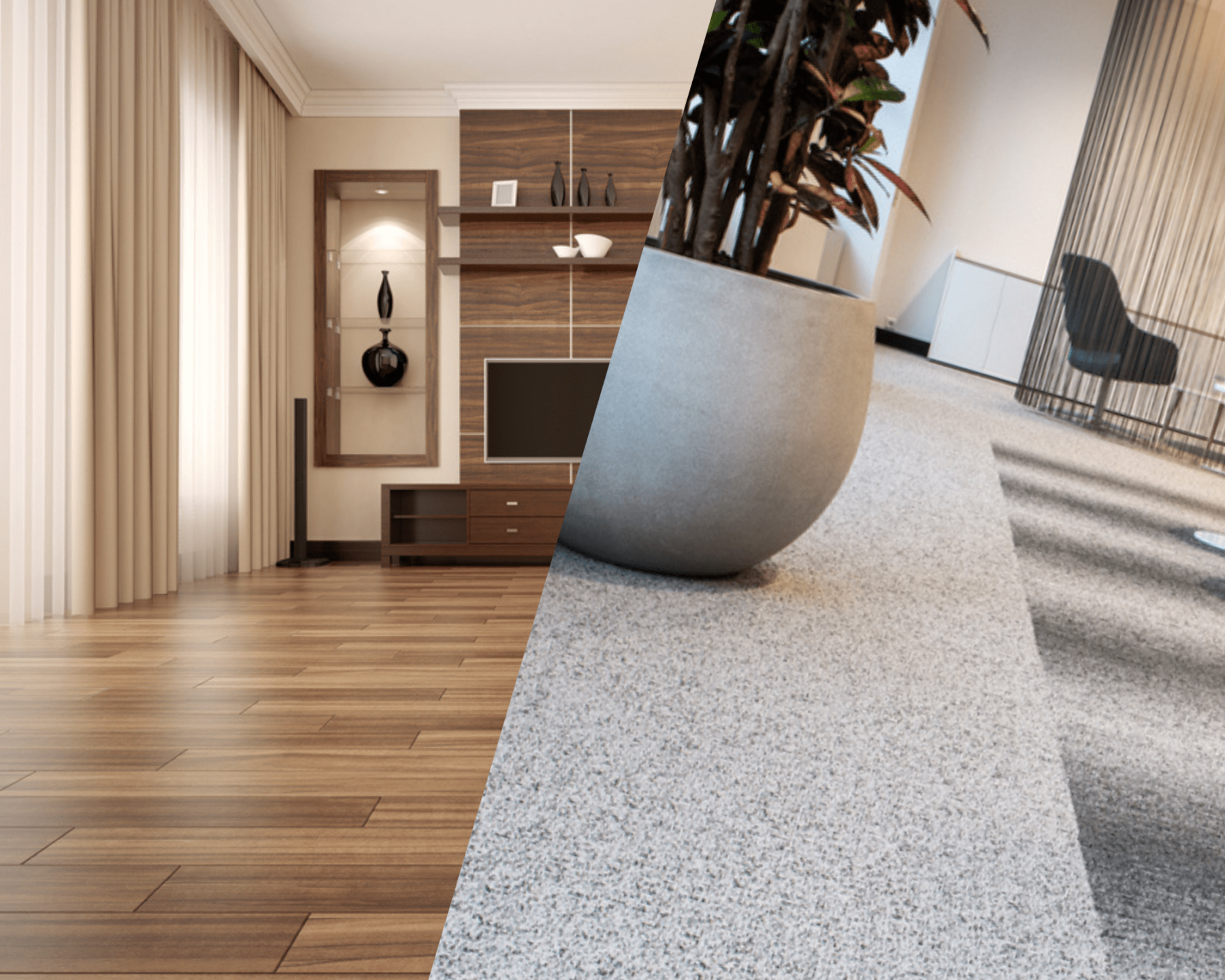
What causes indoor allergies?
Before diving into the main topic, it’s essential to understand the primary causes of indoor allergies. Allergens are substances that can trigger allergic reactions, and they can be found both outdoors and indoors. Some of the most common indoor allergens include:- Dust mites
- Pet dander
- Mould spores
- Pollen
- Cockroach allergens

-
Wooden Floors: The Pros
- Easy to clean: Wooden floors are generally easier to clean and maintain than carpets. Sweeping, vacuuming, and mopping can quickly remove dust and allergens from the surface.
- No fibres to trap allergens: Unlike carpets, wooden floors do not have fibres that can trap allergens, making it more challenging for them to accumulate.
- Lower humidity: Wooden floors tend to have lower humidity levels compared to carpets, which can reduce the growth of mould and mildew, two common sources of indoor allergens.
- Longer-lasting: With proper care, wooden floors can last for decades, making them a cost-effective and durable choice.
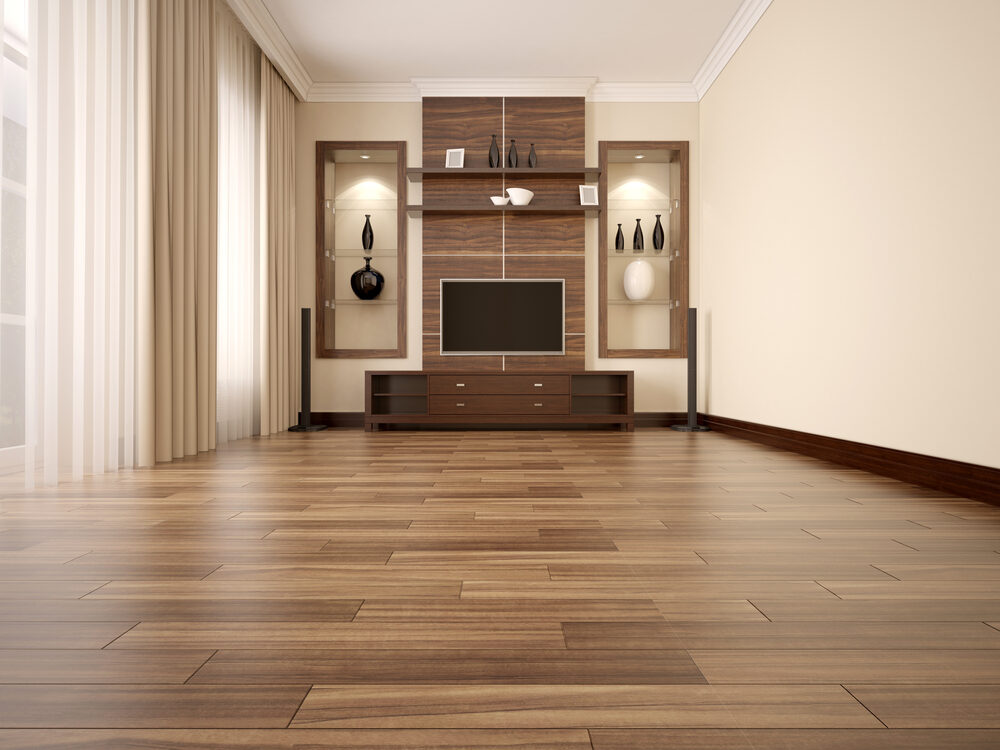
-
Wooden Floors: The Cons
- Cost: Wooden floors can be more expensive than carpets, both in terms of initial investment and maintenance.
- Noise: Wooden floors can be noisier than carpets, as they do not absorb sound as effectively.
- Cold underfoot: Wooden floors can feel cold underfoot, especially during the winter months.

-
Carpets: The Pros
- Comfort: Carpets provide a soft, warm, and comfortable surface to walk on, making them an appealing choice for bedrooms and living areas.
- Noise reduction: Carpets are excellent at absorbing sound, reducing noise between rooms and floors in your home.
- Insulation: Carpets can help insulate your home, reducing energy consumption and keeping your living space warm during the colder months.
- Wide variety: Carpets come in a vast range of colours, patterns, and textures, allowing you to customise the look and feel of your home.
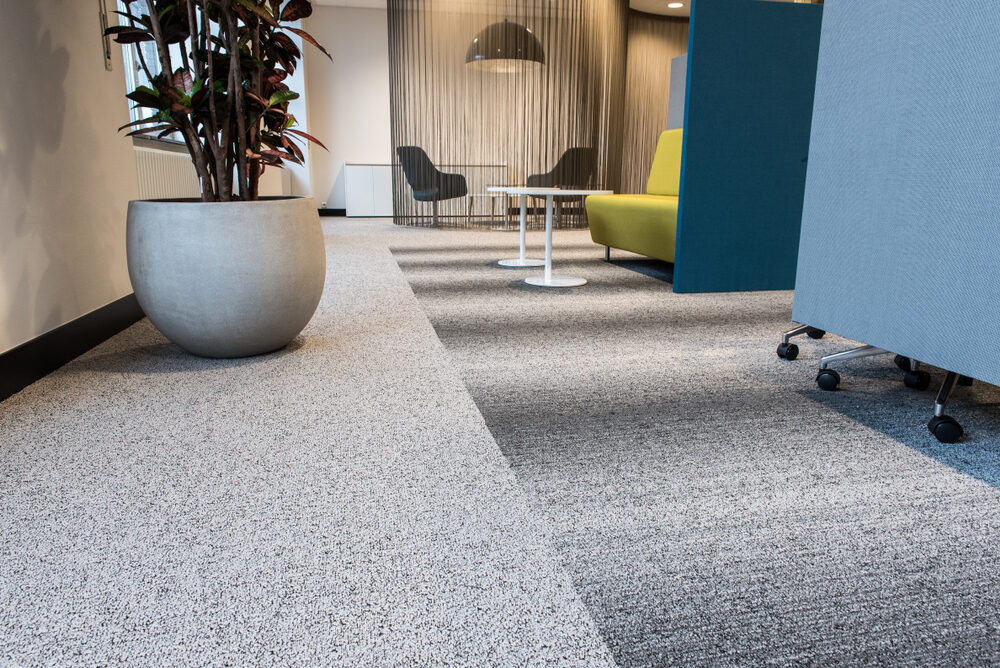
-
Carpets: The Cons
- Allergen trap: Carpets have fibres that can trap allergens, making it more difficult to remove them from your living environment.
- Difficult to clean: Thoroughly cleaning carpets can be challenging, as allergens can become embedded deep within the fibres.
- Humidity: Carpets can retain moisture, which can promote the growth of mould and mildew.
- Shorter lifespan: Carpets generally have a shorter lifespan than wooden floors and may need to be replaced more frequently.

-
So, are wooden floors better for preventing allergies?
- Opt for hardwood: Hardwood floors, such as oak, maple, or walnut, are less likely to harbour allergens compared to softer woods like pine or fir. Additionally, hardwoods are more durable and less prone to damage.
- Use low-VOC finishes: volatile organic compounds (VOCs) can be found in some finishes and can contribute to indoor air pollution. Choose low-VOC or water-based finishes to minimise potential health risks.
- Regular cleaning: Establish a routine cleaning schedule to keep allergens at bay. Sweep or vacuum your floors regularly, and use a damp mop to remove any residual allergens.
- Utilise area rugs: While carpets can be problematic for allergy sufferers, strategically placed area rugs can provide comfort and warmth without posing a significant allergen risk. Choose rugs made from natural materials, such as cotton or wool, and be sure to clean them regularly.
Some Useful Links:
Conclusion
In conclusion, wooden floors are generally better for preventing allergies than carpets due to their ease of cleaning and inability to trap allergens. However, choosing the right type of wood and maintaining a regular cleaning routine are crucial to minimising allergy risks. By considering the specific needs of your household and taking the necessary precautions, you can create a comfortable and healthy living environment for you and your family.More from our Blog:
Cleaning and Maintenance of Wood floors for long lasting beauty Navigating the World of Wooden Flooring: Essential Tips for Making the Perfect Choice DIY Floor Sanding Pitfalls: Common Mistakes and How to Avoid Them for a Perfect Finish Comprehensive Guide to Hardwood Floor Finishes: Customization, Top Coats & Sanding Enhance Indoor Living Conditions with Hardwood Flooring: Benefits and Tips
Sanding
We provide virtually dust-free sanding with our continuous belt machinery with mobile extraction units, giving you a safer environment for your family.
Oiling
This organic finish not only adds beauty to your home but also has exceptional water-repellent characteristics, making it easier to clean and maintain.
Waxing
This natural floor finish offers the softest and most mellow appearance – and leaves your floor able to breath.
Buffing
Using soft buffing machines (and hand-polishing where required) will bring a wonderful sheen to your newly-finished floor.
Repairs
We offer a full assessment of your wooden floors to determine what repairs are needed to provide the perfect working surface for the later stages of sanding, staining and sealing.
Restoration
We offer a comprehensive restoration process designed to address floors that are improperly fitted or damaged over time through wear and tear.
Request a fixed price quote for your wood floor restoration now
Simply enter your postcode below to get started.
Services
Wood Floor Sanding Wood Floor Restoration Wood Floor Scratch Repair Squeaky Wood Floor Repair Parquet Floor Sanding Parquet Floor Restoration Commercial Floor Sanding Church Floor Sanding Community Centre Floor Sanding School Floor Sanding Gap Filling Gap Filling with ResinCopyright © Mr Sander®
Privacy & Cookies Terms & Conditions Complaints Procedure Cancellation Rights Sitemap